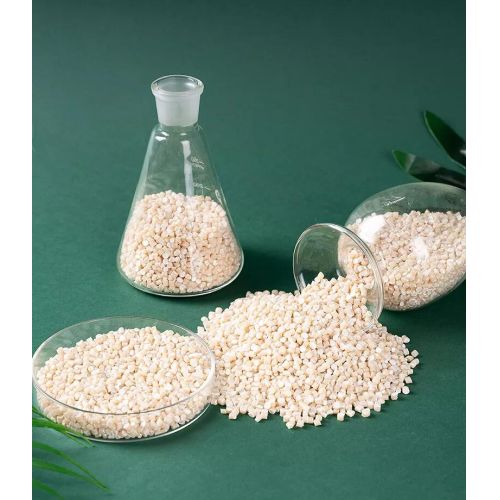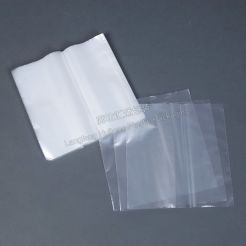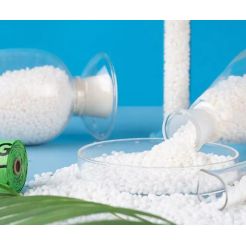Compostable Resins
Product Description
https://www.huaweinm.com/biodegradable-amp-compostable-resin/
Compostable Resins
Compostable resins, also known as biodegradable resins, are a type of plastic made from natural materials that can break down into organic matter under certain environmental conditions. Unlike traditional plastics, which can take hundreds or even thousands of years to decompose, compostable resins can break down in as little as six months under the right conditions.
Compostable resins are typically made from a variety of materials, including corn starch, sugarcane, potato starch, and other biodegradable polymers. These materials are used to create a plastic-like substance that can be molded into various shapes and forms.
Features
100% compostable, meet the requirements of ASTM D6400, EN13432 and AS4736, AS5810
30% biomass content measured according to ASTM D6866 and EN 16785
free of heavy metals
Suitable for a variety of film and packaging applications
Trustworthy supply chain overall platform solution
Provides UV protection
Finished product with excellent tear, elongation and dart drop properties
Clear and colored films available
The finished product can be printed clearly
Excellent heat seal strength
Can be used as a sealant in laminated structures
What is compostable resin made of?
Compostable resin is a type of bioplastic made from renewable, natural materials such as corn starch, potato starch, sugarcane, or cellulose derived from wood or agricultural waste. These materials are broken down into a pulp or powder form and then combined with other ingredients such as vegetable oils, resins, and waxes to create a plastic-like material that can be molded into various shapes.
Compostable resins are designed to break down quickly and completely when composted under specific conditions, typically within 180 days. They are also designed to be free of harmful toxins and to have a lower carbon footprint than traditional petroleum-based plastics. Compostable resins are commonly used in food packaging, utensils, bags, and other disposable products as a more sustainable alternative to conventional plastics.








